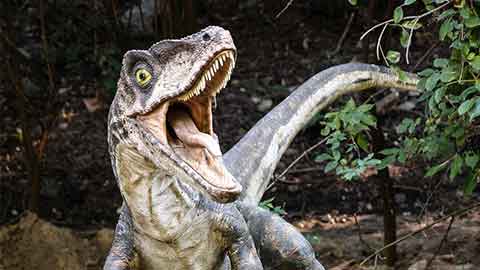
Let’s think about things you should monitor. Babies, for a start. Baby monitors are important. You don’t want to leave an infant unsupervised. By extension, small children need to be monitored as well. Moving from the domestic to the professional spheres, you might need to monitor projects, teams, and all sorts of work-related tasks. What about the animal kingdom? If you’ve got a pack of cloned velociraptors, you should probably monitor them, too – you don’t want them escaping and getting up to no good. Actually, if you’re doing any mad science, it’s important to monitor things – radioactive material, supervirus, deadly toxin – all these things can go out of control pretty quickly if you’re not keeping a close eye on them.
You should also monitor pressure, in all sorts of different contexts. Monitor your blood pressure – that’s a key part of keeping track of your health. Monitor stress and work-related pressure. Monitor food if it’s in a pressure cooker, lest the pot explode and spill boiling soup everywhere. And – critically – monitor your tyre pressure.
That’s not a job that can be done with the naked eye, though. You can use a gauge, but a tyre pressure monitoring system is automated, and it does the job for you. The tyre sensors measure the pressure levels inside your tyres, and inform you if those levels are too high or too low. That way you have more time to monitor babies, co-workers, and velociraptors. Meanwhile, the TPMS will do the job of monitoring your tyre pressure, without you having to spend time checking. Everyone wins – except perhaps the velociraptors, but the last thing we need is a bunch of super-intelligent, incredibly fast dinosaurs on the loose. Keep your tyres inflated, and the raptor fences electrified.

